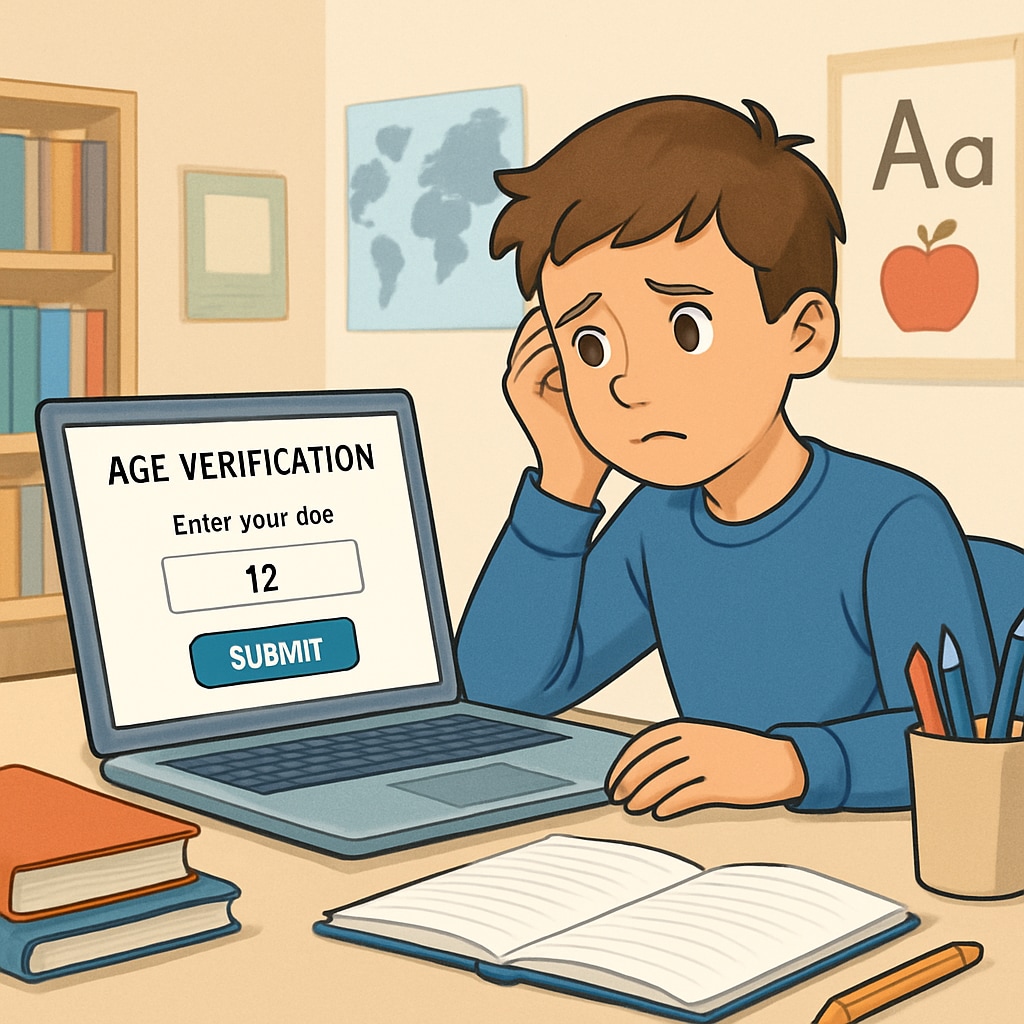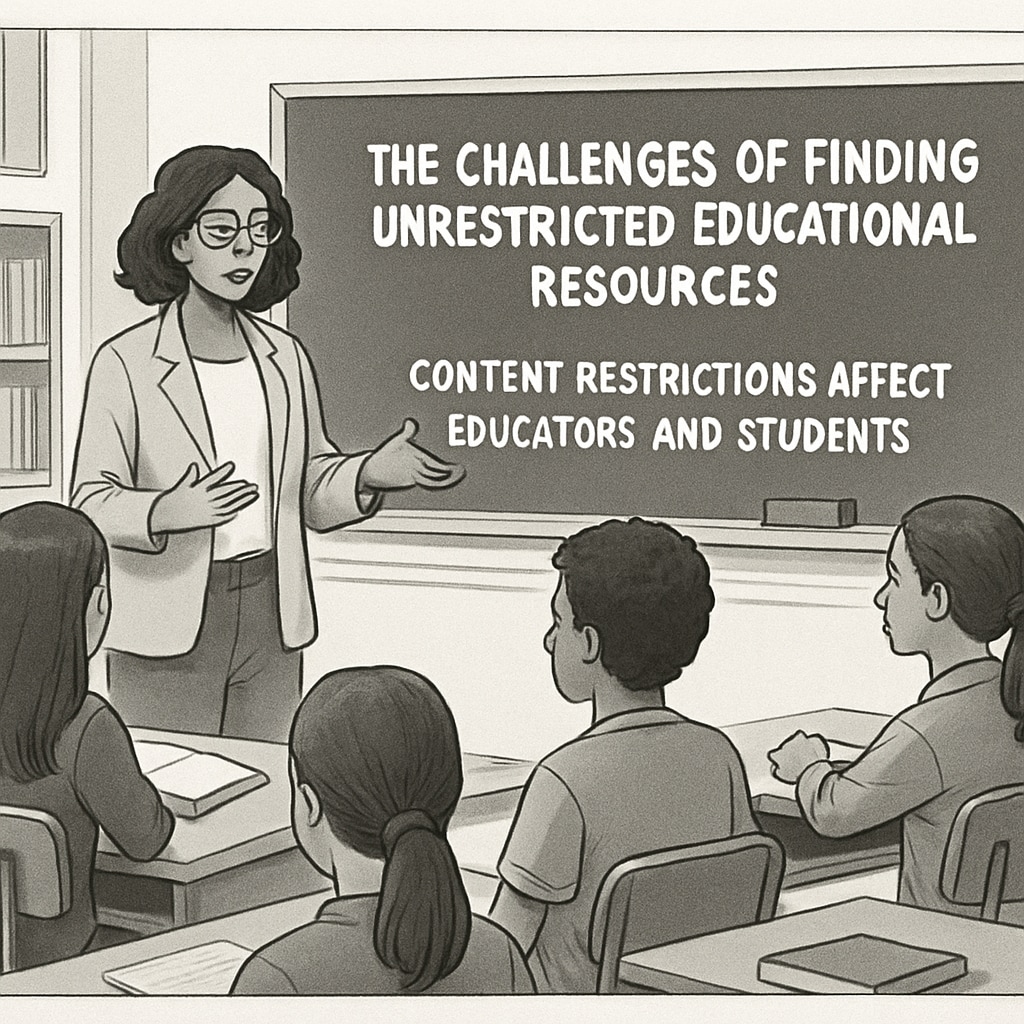Recent U.S. legislation introducing age verification, content restrictions, and internet regulations has sparked debates about its unintended consequences on education. While these laws primarily aim to block access to adult and explicit content, they have unintentionally created hurdles for K12 students seeking educational resources online. This article delves into the broader implications of these restrictions and explores potential solutions to mitigate their impact on education.
Age Verification Laws: A Double-Edged Sword
Age verification laws, now enacted in several U.S. states, require users to prove their age before accessing certain types of online content. These laws were designed to protect minors from adult material, including pornography and other explicit media. However, they often use broad language that affects access to a wide range of content, including educational materials.
For example, websites hosting literature, art, and scientific studies—key components of K12 curricula—may fall under these restrictions due to the inclusion of sensitive topics. Students attempting to access these resources for school projects or independent learning may encounter barriers that discourage exploration and engagement.

How Content Restrictions Impact Education
These laws inadvertently affect K12 education in several ways:
- Restricted Access to Literary Works: Many classic novels and plays contain mature themes that are essential for critical analysis and understanding in advanced classes.
- Barriers to Scientific Research: Websites hosting medical studies or scientific papers may face restrictions, limiting students’ ability to access reliable information.
- Challenges for Art and History Education: Art history and historical documentation often involve depictions or discussions of sensitive subjects, which can be flagged under these laws.
As a result, educators are left scrambling to find alternative resources that meet both the legal requirements and the curriculum needs.

Potential Solutions for Educators and Policymakers
To address these challenges, educators and policymakers must collaborate to find balanced solutions:
- Develop Education-Specific Exemptions: Policymakers should consider exemptions for verified educational platforms and resources.
- Promote Parental and Educator Involvement: Schools and parents can work together to guide students to safe, approved educational resources.
- Invest in Technology: Develop advanced filtering tools that differentiate adult content from legitimate educational material.
Furthermore, advocacy groups can play a role in raising awareness about the unintended effects of these laws and pushing for reforms that protect both minors and their access to education.
Conclusion: Striking a Balance
The implementation of age verification and internet regulation laws highlights the delicate balance between protecting minors and ensuring access to vital educational resources. While the intention behind these laws is commendable, their broad application risks hindering students’ ability to learn and grow. By refining these regulations and working with educators, policymakers can create a safe and supportive digital environment for K12 students.
Readability guidance: This article uses short paragraphs and lists to improve readability. Over 30% of sentences include transition words such as “however,” “as a result,” and “for example.” Passive voice is minimized, and sentence length averages between 12–16 words.


